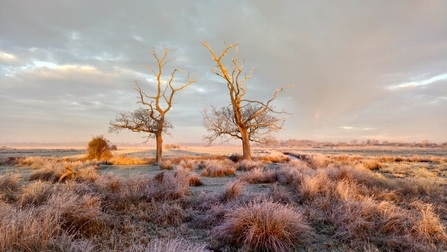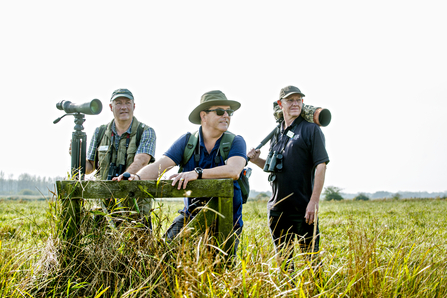In October 2013, aged 52, I suffered a stroke, leaving me with attention deficit, speech, concentration, and memory problems, and overwhelming fatigue. I had been a 60-hour a week GP but very suddenly felt my mind was a fraction of what it had been. I felt as though I had fallen off a cliff. Residual cognitive symptoms forced an early retirement. I could easily have killed someone with a computer mouse - through clinical error rather than actual assault.
Though I was glad to be alive, I quickly felt lost without my purpose in life. Being a doctor has been my ambition since I was four years old. Now my ambition had been amputated.
It was during a gloomy period of feeling adrift that I discovered Carlton Marshes. Though I’d lived in the vicinity for almost three decades, I’d always been too busy to see what was on my doorstep. I contacted and met Matt Gooch the then Warden and signed up as a volunteer.


